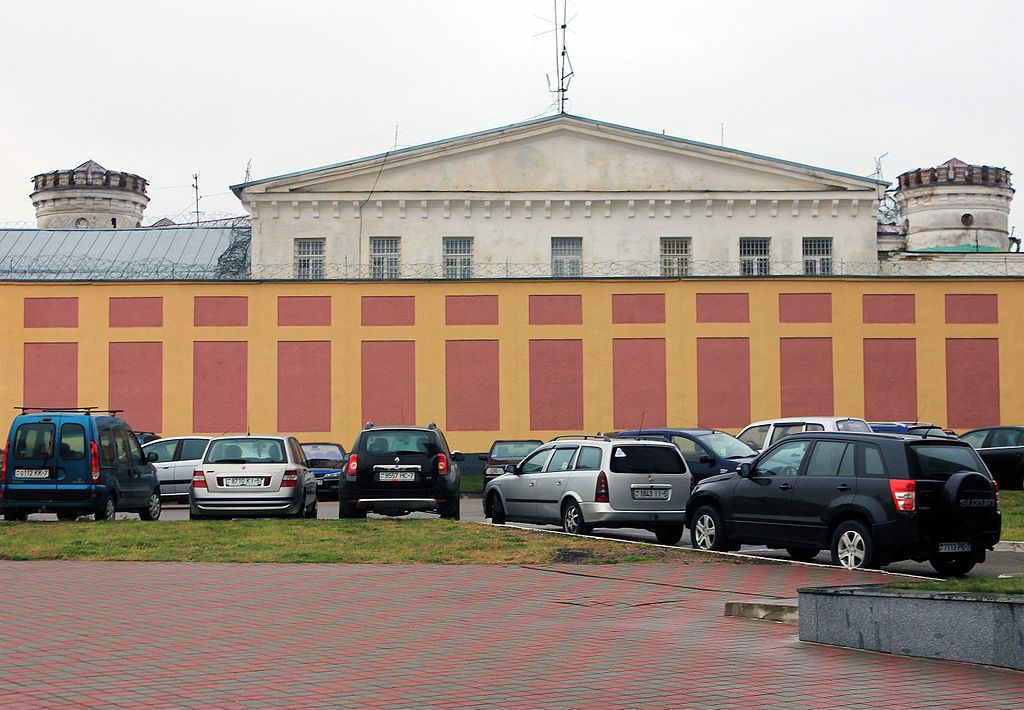State apparatus consolidates on the eve of the referendum as security forces expand repressions
 The situation got worse
The situation got worse

Lukashenka increases division and tension in society to galvanise the siloviki on the eve of the referendum. The regime is afraid of contacts between the state apparatus and supporters of change, blocks any talk of dialogue with opponents and supports wide-scale repression against independent media and civil society. The authorities confiscate funds from private businesses (because of Lukashenka’s doubts about their loyalty) to those controlled by the public sector.
The regime launches the election campaign during the festive period in the hope of minimizing the attention of supporters of change to the constitutional referendum and avoiding politicization of society.
Ideologists are trying to prepare the conditions for mobilizing loyalists in support of Constitutional changes as state media intensifies its information campaign. A. Lukashenka is toughening his rhetoric against the protest movement, trying to increase the loyalty of the state apparatus and the security forces with the threat of reprisals from opponents of the regime. However, the authorities are trying to avoid discussion on the constitutional innovations even among loyalists and are delaying the publication of the draft Constitution.
The authorities adhere to their strategy of purging the public sphere of independent media and public initiatives. Security forces are expanding repression and creating a high cost for criticism of the regime and public activism. Radio Liberty is categorized as an extremist group. Detentions of journalists and demonstrators as well as revocation of lawyers’ licenses continues. Huge sentences are being sought and imposed on the opponents of the regime. The regime plans to enact legislation to impose criminal penalties for participation in liquidated and unregistered organizations.
The actions of the security forces (detentions, dismissals, threats) cause a shortage of qualified personnel, but the Belarusian leadership refuses to mitigate this.
Private business is forced to adopt repressive practices, self-censorship, and ideological control over employees. Employees of Austrian owned mobile operator A1 are under constant threat of persecution, the arrests of the company’s employees continue.
The state increases its intervention and control over the private sector, including the financial sector. The National Bank refused to certify the top manager of RRB-Bank.
The economy and income growth are slowing down. The production of basic food products has decreased, due to, among other things, a reduction in budget support for farmers.
The authorities expect to redistribute funds in favour of the public sector of the economy, which demonstrated its loyalty to the regime at the peak of the political crisis in the fall of 2020.
Thus, the coercion of the society to loyalty to the regime or political apathy by detentions, arrests, dismissals and seizures will continue in the near future.
Subscribe to our newsletter




Situation in Belarus
Constitutional referendum: main consequences


 Video
Video
How to count the political prisoners: are the new criteria needed?


 Video
Video
Paternalism In Decline, Belarusian Euroscepticism, And The Influence Of Russia


 Video
Video












